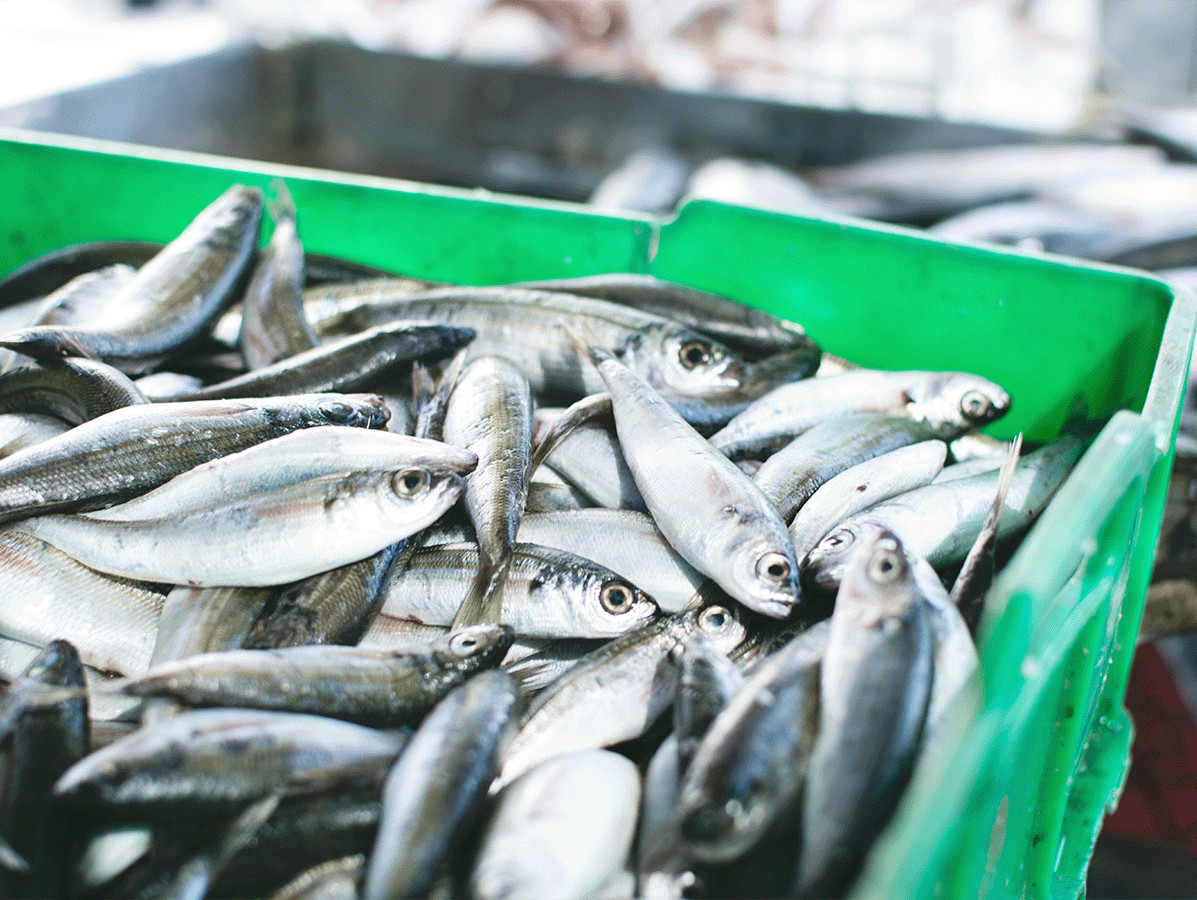
Structural changes are necessary to make the fish chain in the Netherlands sustainable and future-proof. This is evident from the analysis 'De Visketen in Beeld' (The Fish Chain in view). In it, the Dutch Food and Consumer Product Safety Authority (NVWA) describes risks to food safety, nature and the environment, animal welfare and animal health in the fish chain. The NVWA investigated what the regulator itself, the departments and the business community could do to manage the risks in the fish chain as effectively as possible.
In the analysis, the NVWA states that it will pursue an integrated enforcement strategy, consisting of a combination of administrative, criminal and fiscal law interventions. Inspector General Gerard Bakker: "The NVWA wants to achieve an effect that serves the public interests of food safety, nature and the environment, animal welfare and animal health. The NVWA does not do this in isolation: the consultation with ministries and the business community about the necessary approach to risks is central. This is in line with Minister Staghouwer who recently indicated that the fishery sector has to become smaller, more diverse and more sustainable.
Fish, shellfish and crustaceans are part of a healthy diet, but they can also contain substances with adverse health effects. Further research is needed into the effects of environmental pollution on the living environment of fish and thus the food safety of fish, shellfish and crustaceans. According to the NVWA, legislation and regulations are needed that are aimed at preventing environmental pollution, such as for heavy metals and plastics. In order to tackle some of the risks in the area of food safety, the NVWA will intensify its supervision of hygiene at fish-processing companies and will continue to check for the use of unauthorised additives in fish products. The use of unauthorised additives is especially a risk where they are used to colour fish, making decay invisible.
To prevent overfishing and make control more effective, legislation and regulations for the fishing industry must be made clearer and more enforceable. In consultation with the Ministry of LNV, they are also investigating which measures can be taken to increase compliance. The fishing industry itself must improve compliance.
The analysis also looks at possible risks to animal health and welfare. For animal health, there is hardly any policy at present, and for animal welfare, legislation and regulations are largely lacking. The NVWA believes that this situation must change. On the one hand, to be able to prevent outbreaks of infectious animal diseases in fish and shellfish. On the other hand, to ensure that fish and shellfish do not suffer unnecessarily at the time of catch, harvest, storage and killing.
View the report 'De Visketen in Beeld' (Dutch only)
Nvwa.nl
Source: NVWA